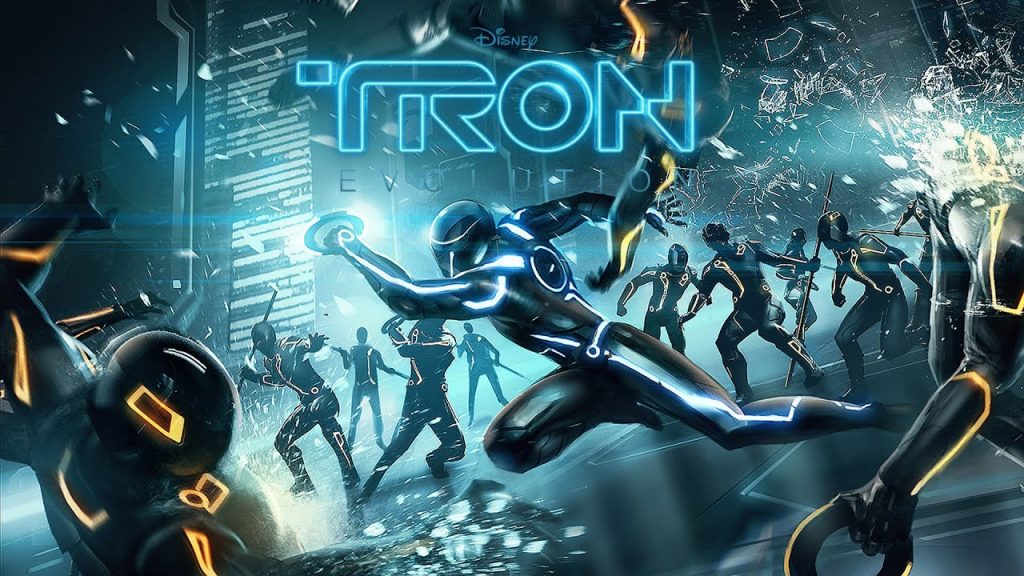
This article originally ran under a different banner/website in December of 2019 and is now being here re-uploaded for purposes of convenience and consolidation. Please enjoy.
HEAR YE!!! HEAR YE!!! I, the Video Game Doomsayer, do not advocate for piracy. However, desperate times calls for desperate measures. My followers, I have had people come to me asking to find a way to bypass the expired digital rights management (DRM) software for Tron: Evolution. Naturally, I ventured to the shady pub downtown to meet my contact. I bought drinks and navigated my way to our table dodging brawls and shady bar patrons. I explained to my contact how I was looking for a way to bypass some expired DRM. He choked on his drink, and as he cleared his airway, he asked if I was talking about Tron: Evolution. Aye, I told him. He shook his head with a frightened look in his eye. He felt there was a change in wind: with more games becoming always-online live services, game ownership is going to be a thing of the past. He could do nothing about Tron: Evolution, nothing he could probably do about the future game. Nothing I could do, except shout about it on my soapbox.
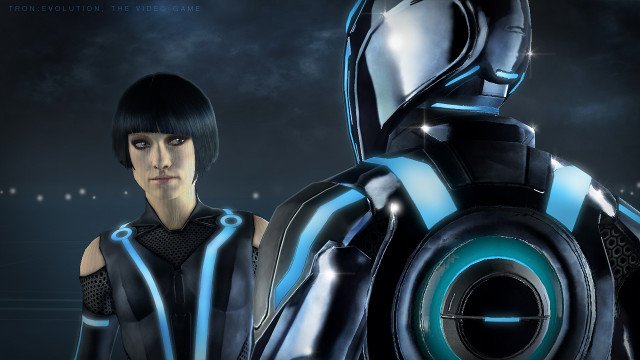
MY LOYAL FOLLOWERS, LEND ME YOUR EARS!!! Recently many players noticed they were no longer able to play Tron: Evolution. Even players who had physical copies weren’t able to bypass the issue. It turns out the game’s DRM, SecuROM had expired around October. Disney had only licensed the DRM for nine years, resulting in the program locking up upon its nine-year mark. If you attempt to install Tron: Evolution now, it will ask you to activate SecuROM with no means of activating it. With the recent push to always-online games, gated subscription services, and cloud streaming, I, the Video Game Doomsayers, am here to remind you that publishers do not want to sell you games, but the mere privilege of accessing them.
Of course, this is nothing new, the list of games that have been delisted by publishers is too long for my liking. I know Activision delisted all their Transformers games after deciding to not extend the license. Publishers also love killing servers of games they no longer consider profitable. The latest game to receive the executioner’s call is Gearbox’s hero shooter, Battleborn. Now while many did not care for Battleborn and argue it is folly to keep those servers running, I ask you what you would say to customers who paid sixty dollars for the title. Do you not think they should at least be able to play the single-play content? If not, then why would I spend any money on an online-only title, knowing years later the publishers will pull the plug?
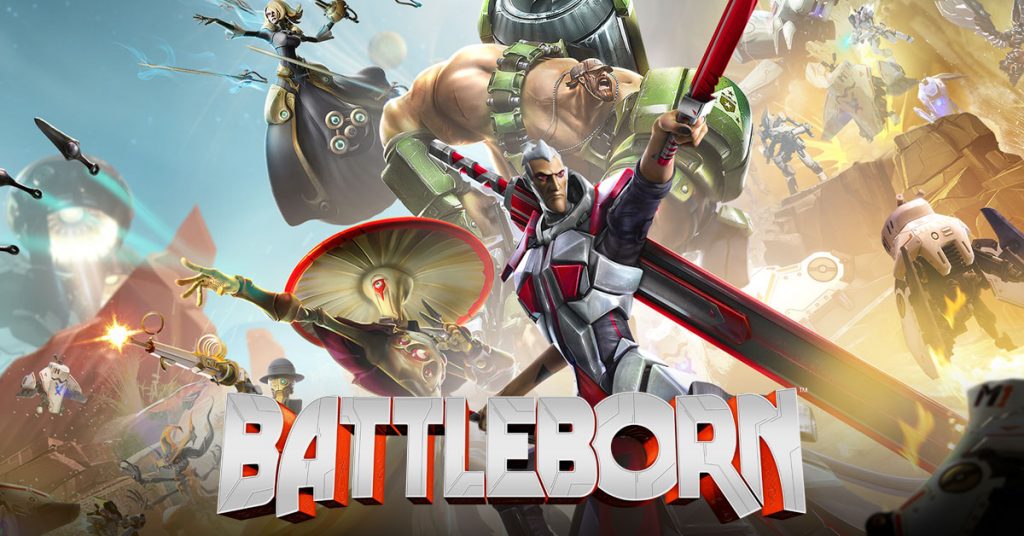
Nothing symbolizes the lack of ownership more than the cloud streaming services being thrust upon us. Most notably the questionable Google Stadia. A service that I initially assumed was a Netflix-style subscription but turned out to show how tone-deaf Google is about the video game industry. Google Stadia has created a subscription service, that charitably only operates within cities, that allows you to purchase access to games. Honestly, if Stadia mirror Netflix I would say it could have value, but having to pay to access a handful of titles on top of a base subscription is just insulting. The cherry on top of all of it is Google still refuses to answer what will happen to our purchases if Google decides to kill Stadia. I sincerely doubt Google will send you copies of whatever game you purchased if they send Stadia to the grave.
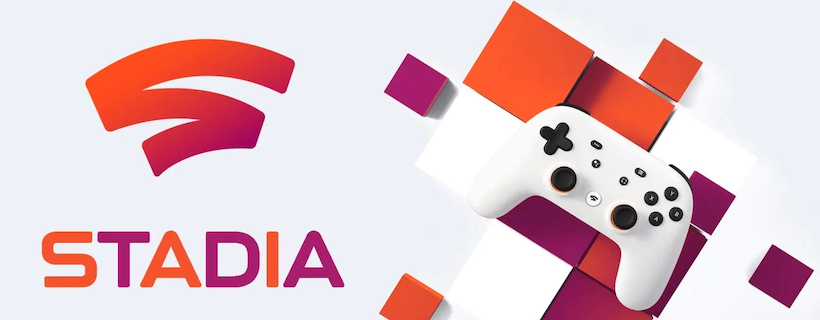
Even though Stadia might be dead on arrival, companies are still eyeing cloud streaming. Microsoft is looking to bundle the Xbox Game Pass with its cloud streaming X-Cloud. While I do think the Xbox Game Pass is a good deal, as it allows me to play titles like Halo Master Chief Collection, Gears 5, and The Outer Worlds, I wouldn’t want this to be my only way to access these games. With the push for online-focused titles, we could see games be exclusive to cloud streaming. Google has already claimed one puzzle platform known as Gylt, which is stopping Microsoft from making Halo: Infinite only available through X-Cloud. With EA and Ubisoft eyeing their own streaming services, streaming-exclusive titles might become a reality.
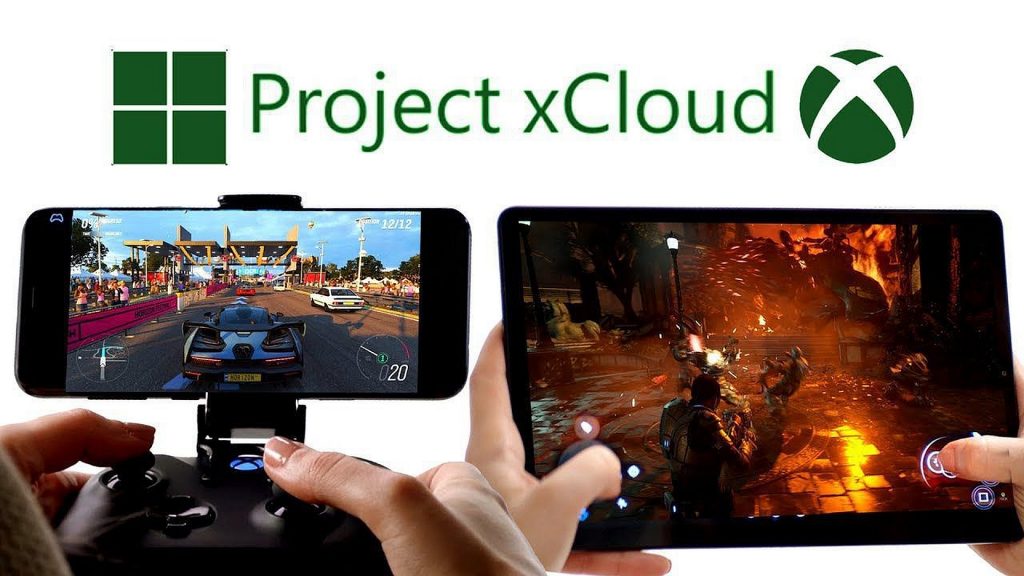
What I found most repulsive of all, is the fact that physical copies of Torn: Evolution would be rendered useless if players hadn’t installed the game before October. I know I prefer physical disc in the hope to avoid losing ownership over games, but publishers continue to combat it with DRM. Publishers shovel these digital rights management software to combat piracy in exchange for harming the player’s experience. Along with rendering games like Tron: Evolution unplayable, DRM has been known to tank game’s performance. Pirates can usually crack the game’s DRM and have a better experience with the game than paying customers, creating a situation where more people choose to pirate a game. To quote a smart-aleck robot: now that is irony.
With publishers selling access over products, I foresee a world where piracy becomes more viable than jumping through hoops known as subscriptions. Much like future loot box regulation, I would not shed a single tear over big titles being pirated. In moments like this I always think of that famous quote from Valve boss Gabe Newell:
“We think there is a fundamental misconception about piracy. Piracy is almost always a service problem and not a pricing problem. If a pirate offers a product anywhere in the world, 24 x 7, purchasable from the convenience of your personal computer, and the legal provider says the product is region-locked, will come to your country 3 months after the US release, and can only be purchased at a brick and mortar store, then the pirate’s service is more valuable.”
-Gabe Newell
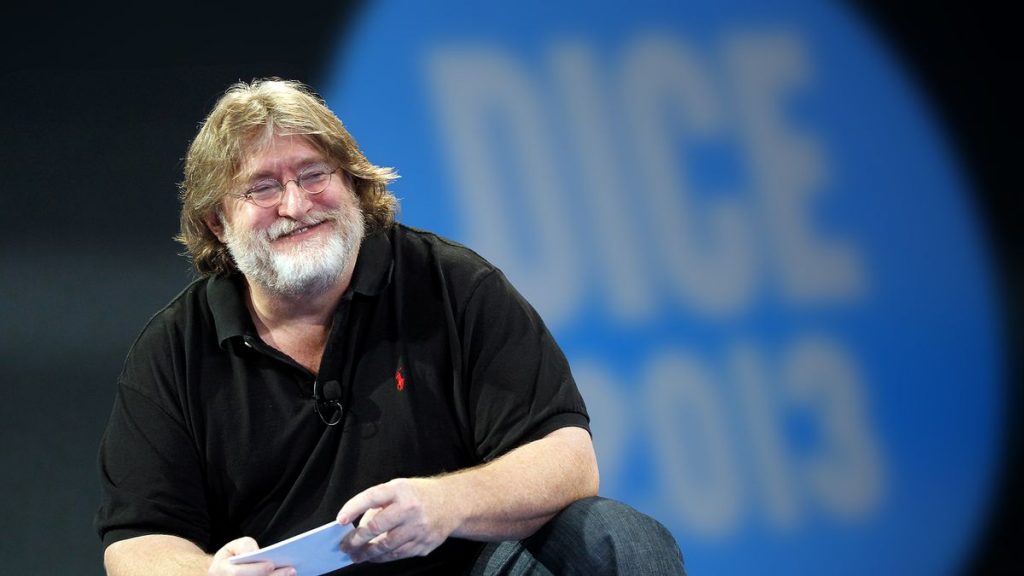
You don’t beat piracy with invasive DRM or selling access, but providing customers a straightforward and honest way to purchase a video game. Look to the music industry for proof. Google Play and iTunes provide customers a simple and easy way to purchase music, resulting in a decrease in pirated music. The video game industry is too oblivious to heed the same lesson. Scrawling and scraping to retain any semblance of control. Whether it is foolishly running DRM or tying the whole game to a server, publishers are hoping to enter an age where you hand over money and they give you nothing. With that in mind, publishers have nobody to blame but themselves, when gamers turn to the high seas.
Will I be a captain of the high seas? No. As a fan of physical discs, pirating is not really an option. I also tend to be more of a fan of indie titles over the mediocre swell the triple AAA industry pumps out. I always advise people not to pirate indie titles, because some barely make enough to keep the lights on. As I said earlier, I don’t blame you for pirating the latest EA or Ubisoft game. If the game industry does not want to provide an adequate service, then I say let their end come. I can shout the end is nigh until I am blue in the face, but we all know money is the only driving force here. So dawn those flags, draw the anchor, sing maritime tunes, I will not stop you. Merely just stand here on the sandy shore, soapbox in hand, shouting into the dark abyss known as the sea.

